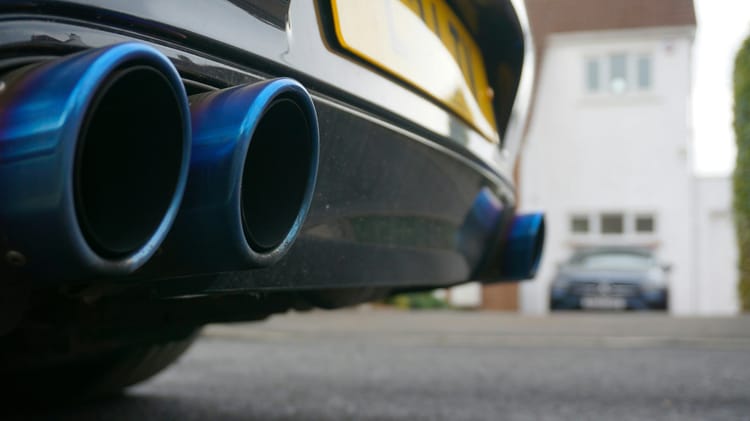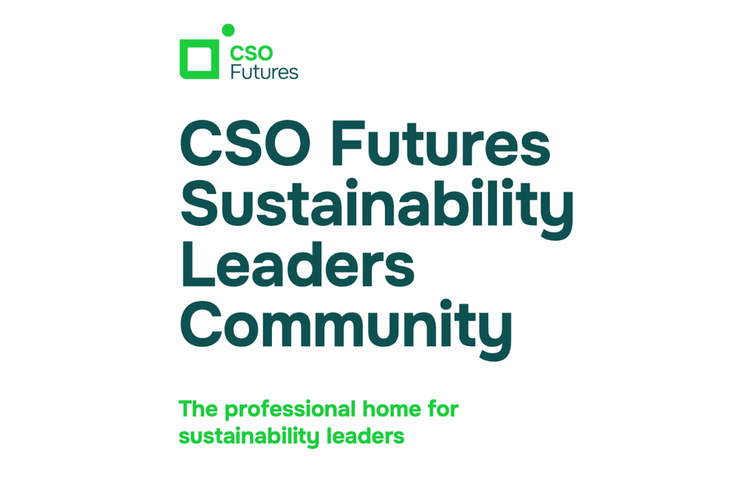Unilever, Ingka Group and others call for stronger government ambition at COP30
"Now is the moment when bolder national ambition can minimise the likelihood of the worst climate scenarios."

Several global companies, including Unilever and Ingka Group, are calling for stronger government ambition to accelerate climate action as COP30 kicks off in Belém.
Heads of sustainability at Unilever and Ingka Group have written open letters to urge world leaders attending the UN climate conference in Brazil to strengthen their national plans and deliver on promises from previous COPs.







